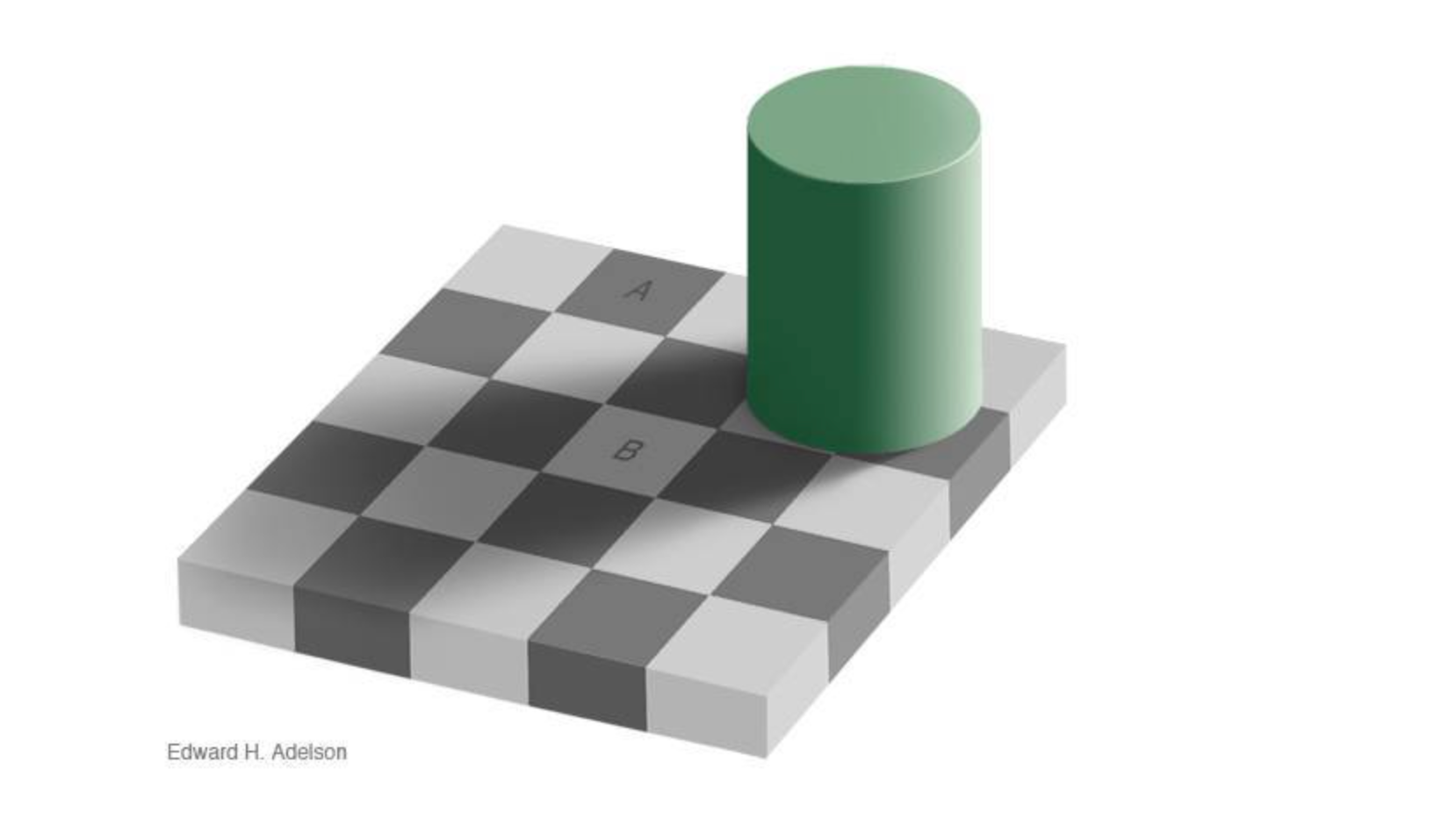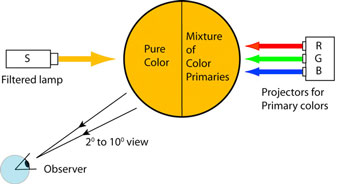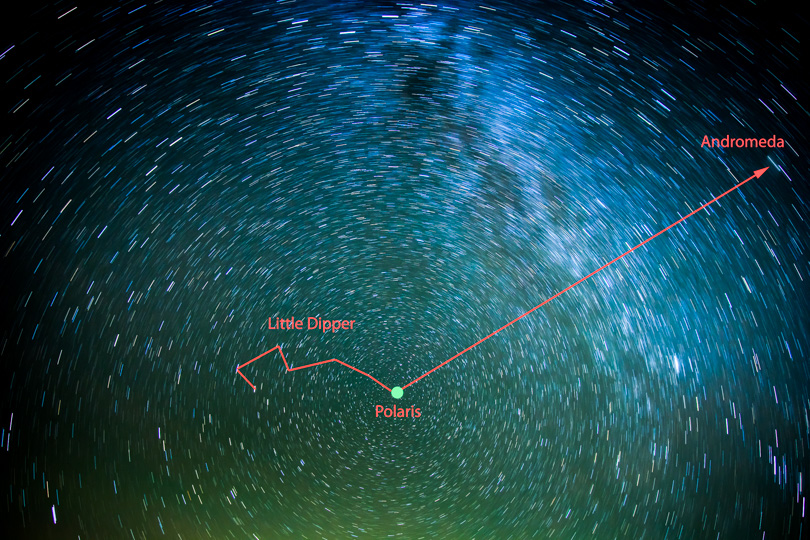
Home » Archives for Charles S. Johnson, Jr.
Charles S. Johnson, Jr.
Charles S. Johnson, Jr. received a Ph.D. in Physical Chemistry from MIT. He taught at the University of Illinois at Urbana, Yale University, and The University of North Carolina at Chapel Hill where he is now Professor Emeritus. He has published approximately 150 papers on magnetic resonance and light scattering as well as books on laser light scattering and quantum mechanics. His interest in photography goes back to the 1950's; however, for many years his career in science left little time for serious photography. Now he is an avid nature photographer, and he blogs about photography here. In addition, he is making use of his scientific background to research and write about the physical and psychological bases of photography. His recent book, Science for the Curious Photographer, 2nd Ed, includes discussions of light and optics, sensors, factors that determine image quality, and the human visual system.


